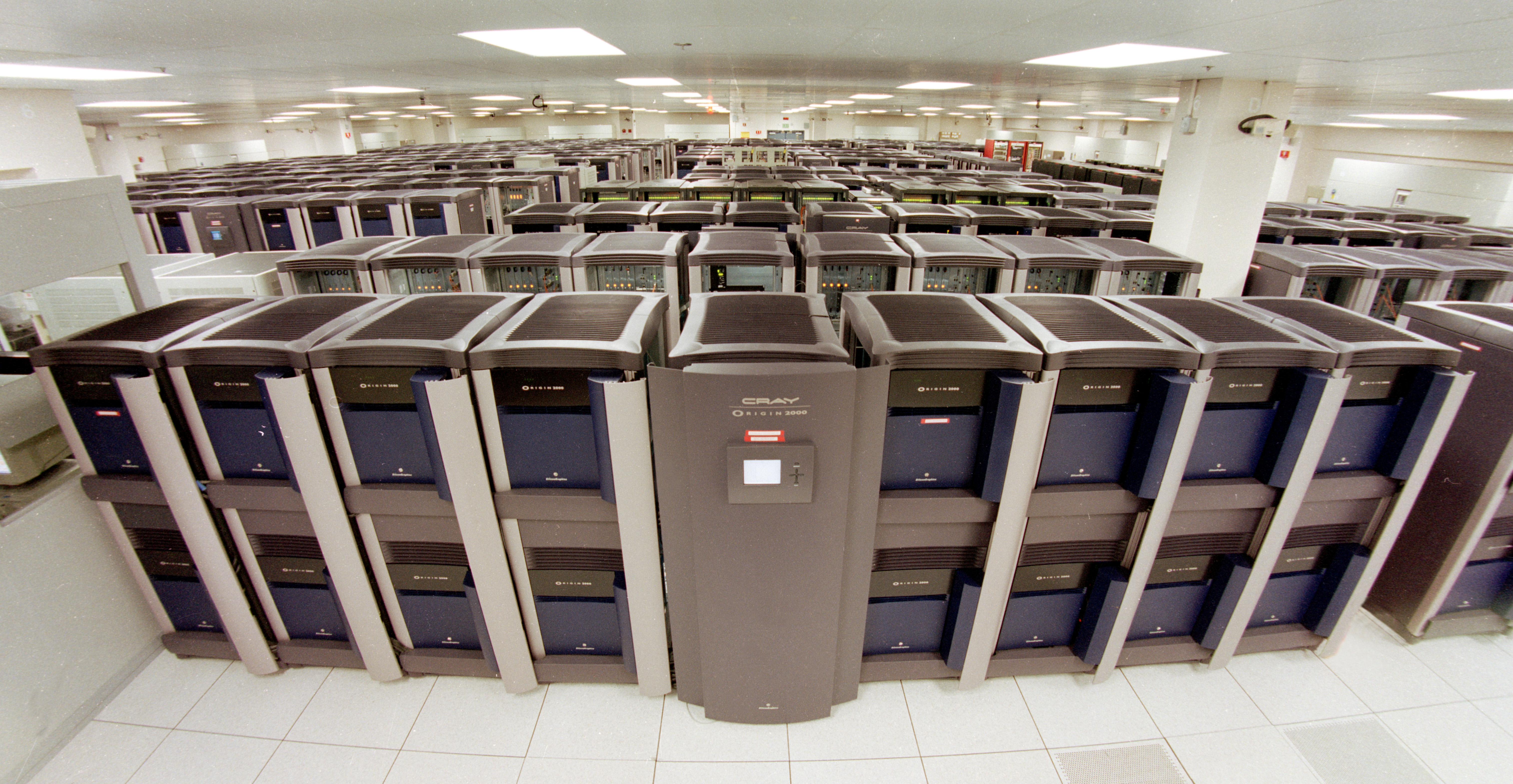Recent statements on Artificial intelligence (AI) from governments around the world have speculated on ways the technology could drastically change the world of work. It could happen in ways you may not think, so keeping track of its development is relevant to everyone.
Most students at university are young adults, people planning careers based on the fact they’ve spent a substantial amount of money on an education in the hope it may get them somewhere. However, how many students take into consideration the impact of AI on the future job market? A relevant question since the world students find themselves living in could be unimaginably different to that of their parents.
A report by the UK government’s Science and Technology Committee concluded that: “the Government does not yet have a strategy for developing the new skills citizens will need to flourish in a world where Artificial Intelligence is more prevalent, or responding to the social and ethical dilemmas it poses”. This was followed days later by a key economist in the White House claiming that he doesn’t think robots will take all our jobs, but admitted the technology will have an impact.
Studies have shown, when looking at the US, that the number of jobs that could be undertaken by AI ranges from 6 – 47%. What this means worldwide is another unknown. From garment manufacturers to truck drivers, AI has the potential for disruption.
This isn’t to say that the whole situation is doom and gloom, the current and predicted levels of machine intelligence means that it doesn’t look like everyone will be out of the job, yet. What machines will take over are repetitive tasks, freeing workers to undertake skills humans are more suited to. On the other hand, the worst case scenario is robots come and do far more than is predicted and large swathes of humanity become unemployed and we see a drastic rise in inequality.
It’s not just low skilled jobs that are at risk, anyone taking a finance and accounting degree could be asking themselves why they did so within the next 10 years. There are swathes of other white collar jobs ready to be challenged in some way by AI. A similar story can be seen with law, IBM’s AI ‘Ross’ has recently been hired by a law firm Baker Hostetler. Another AI, developed by researchers from University College London, the University of Sheffield, and the University of Pennsylvania, managed to successfully predicted 79% of the decisions heard at the European Court of Human Rights. These machines are better at sifting through cases and finding information, they don’t even have to sleep while they do it. These are only two examples of many.
Economies are dynamic fluid entities, and having intelligent machines sit on the judiciary is probably a long way off. What these cases do show however is that as a graduate you may find yourself not just up against other talented individuals, but also increasingly against talented machines. Just as with previous progression in technology, jobs will be destroyed by the oncoming AI revolution, but many will also be created. The nature of work is going to change. This may mean that you find yourself having to up-skill or re-skill sooner than you’d imagined. Until then it could be beneficial for you to question if there is any value to your degree, as something that is future proof, at all.
IMAGE: Wikimedia Commons



